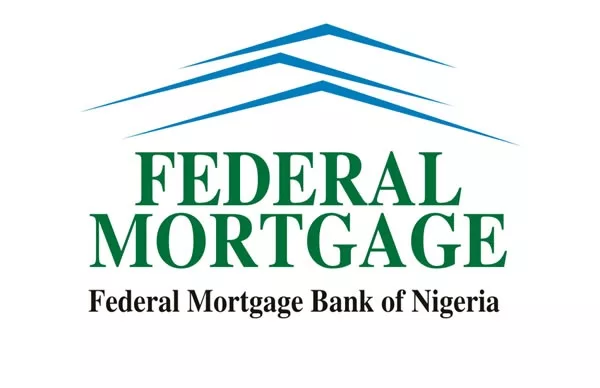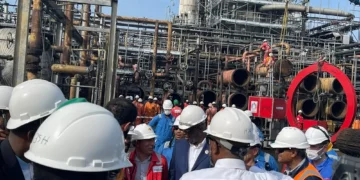Managing director/chief executive of the Federal Mortgage Bank of Nigeria (FMBN), Shehu Usman Osidi, has highlighted key successes recorded by the bank in the execution of the Public-Private Partnership (PPP) housing model, leading to its sustainable growth and the housing sector.
Osidi disclosed this during a panel session at the maiden edition of the Renewed Hope Housing PPP Summit held in Abuja.
Providing insights on the topic, “Financing Housing PPP”, Osidi stressed the importance of the PPP model, highlighting it as one of the best models through which housing can be financed in Nigeria.
In view of this realisation, Osidi revealed that FMBN keyed into the PPP initiative long ago, developing products in line with its specifications and ensuring that the funded houses were within the affordability threshold for low and middle income earners.
“That led us to create a model of PPP which we called the Estate Development Loan (EDL), where developers could partner with the Bank to access funding for construction, and when the houses were built, we provided mortgage financing for off-takers,” he stated.
The FMBN chief executive noted that the Bank later developed the Cooperative Housing Development Loan (CHDL) as a corrective measure to the off-taking issue posed by the EDL.
In order to further ensure affordability, which Osidi noted is a function of two variables – cost and income, FMBN introduced the Individual Construction Loan (ICL) and recently, created the Bankable Off-taker Guarantee which affords developers access to funding for the development of houses, in line with specified designs and locations, to be packaged by the Bank for beneficiaries to off-take.
Osidi revealed that the Bank, through the Bankable Off-taker Guarantee, is supporting the Renewed Hope Housing Programme nationwide, being championed by the Ministry of Housing and Urban Development, with N100 billion. Additionally, the Bank is directly funding the Karsana Housing Project with N19.9 billion and also the Renewed Hope Housing Project at Ibeju-Lekki to the tune of N27 billion.
Given all these efforts, Osidi affirmed FMBN’s success at engaging PPP models over the years, stating that the Bank is a living example of a successful PPP. He, however, stressed FMBN’s insistence on affordability, given its position as the Bank of the masses.
He emphasised the pivotal place of accountability and affordability in executing successful Public-Private Partnership (PPP) models, saying, “For a PPP to be successful, every party must play their role. If any party does not play its role, the project fails.”
He, therefore, urged the Ministry of Finance Incorporated Real Estate Investment Fund (MREIF), to learn from FMBN’s experiences, stating that the Bank had collaborated with some state governments on some projects where it financed construction and the governments were expected to provide infrastructure. He revealed that where the state government failed to provide infrastructure as agreed, the project failed, even when FMBN fulfilled its part.











